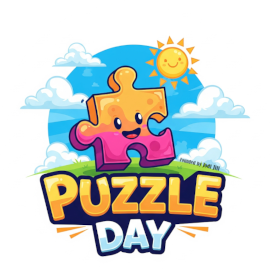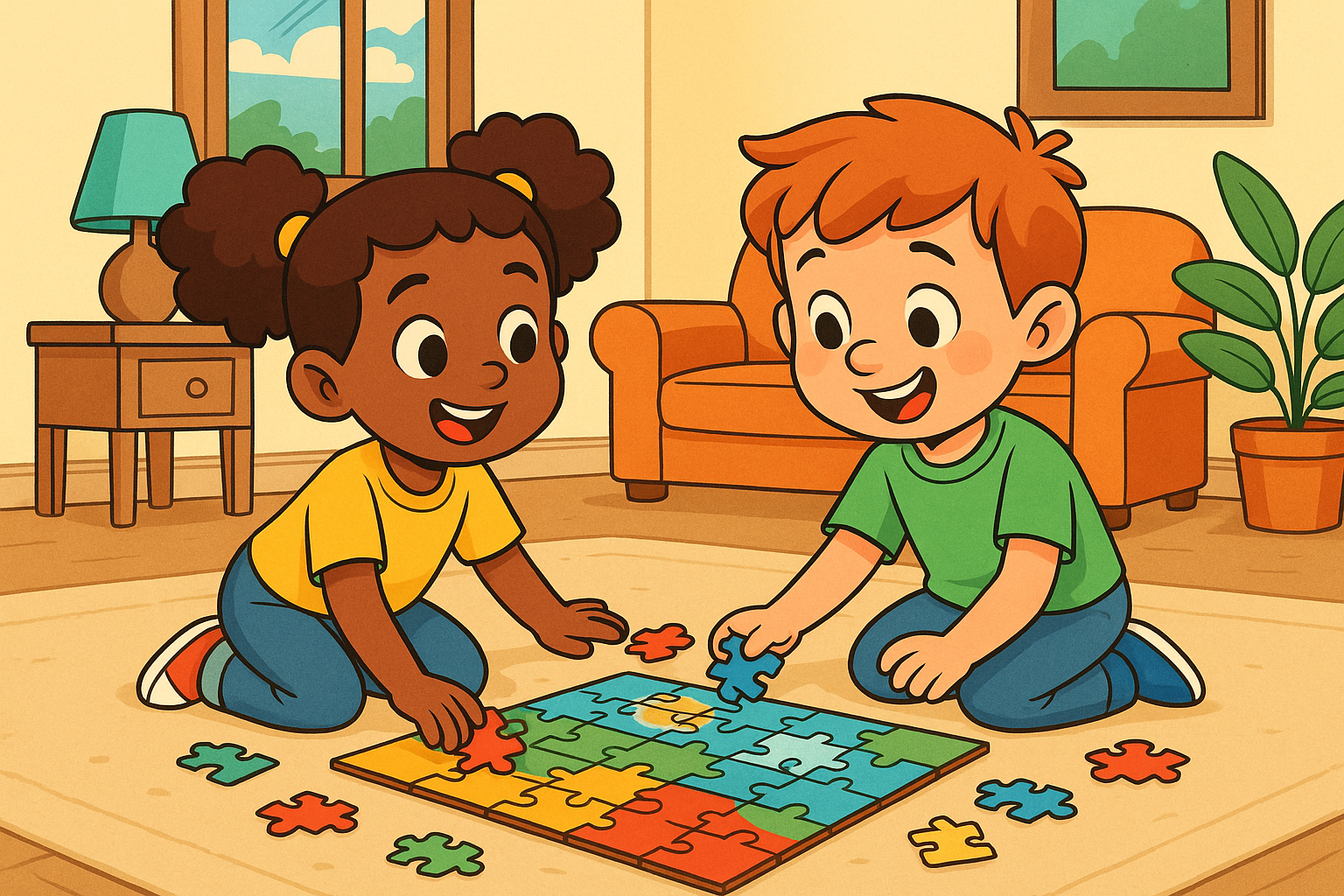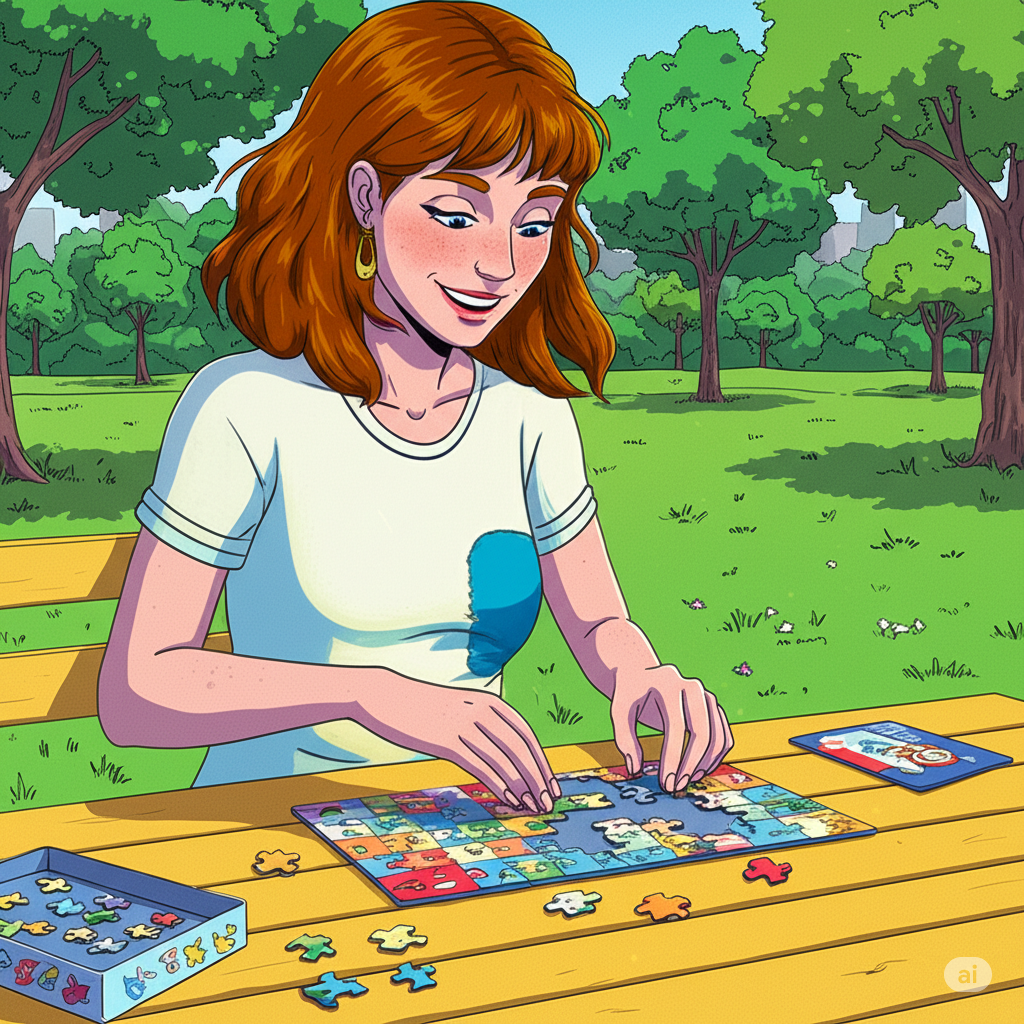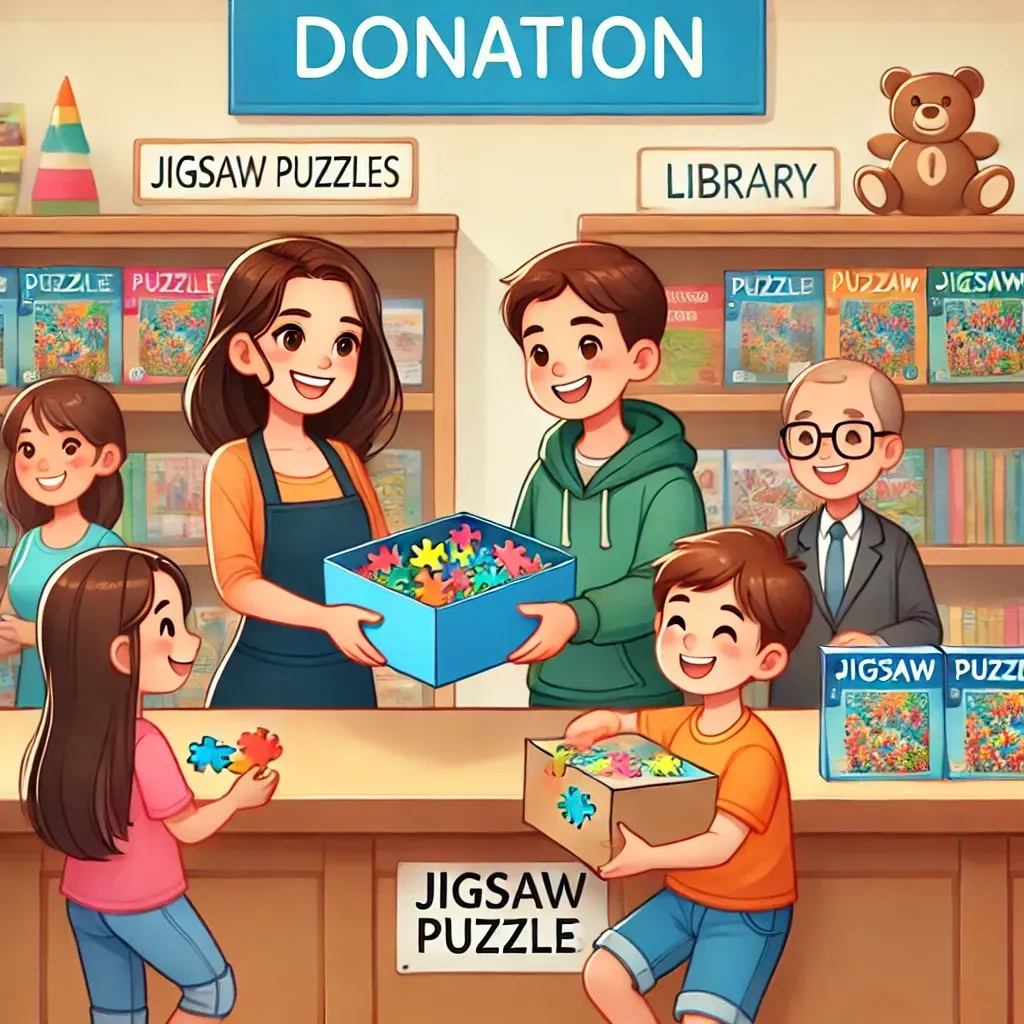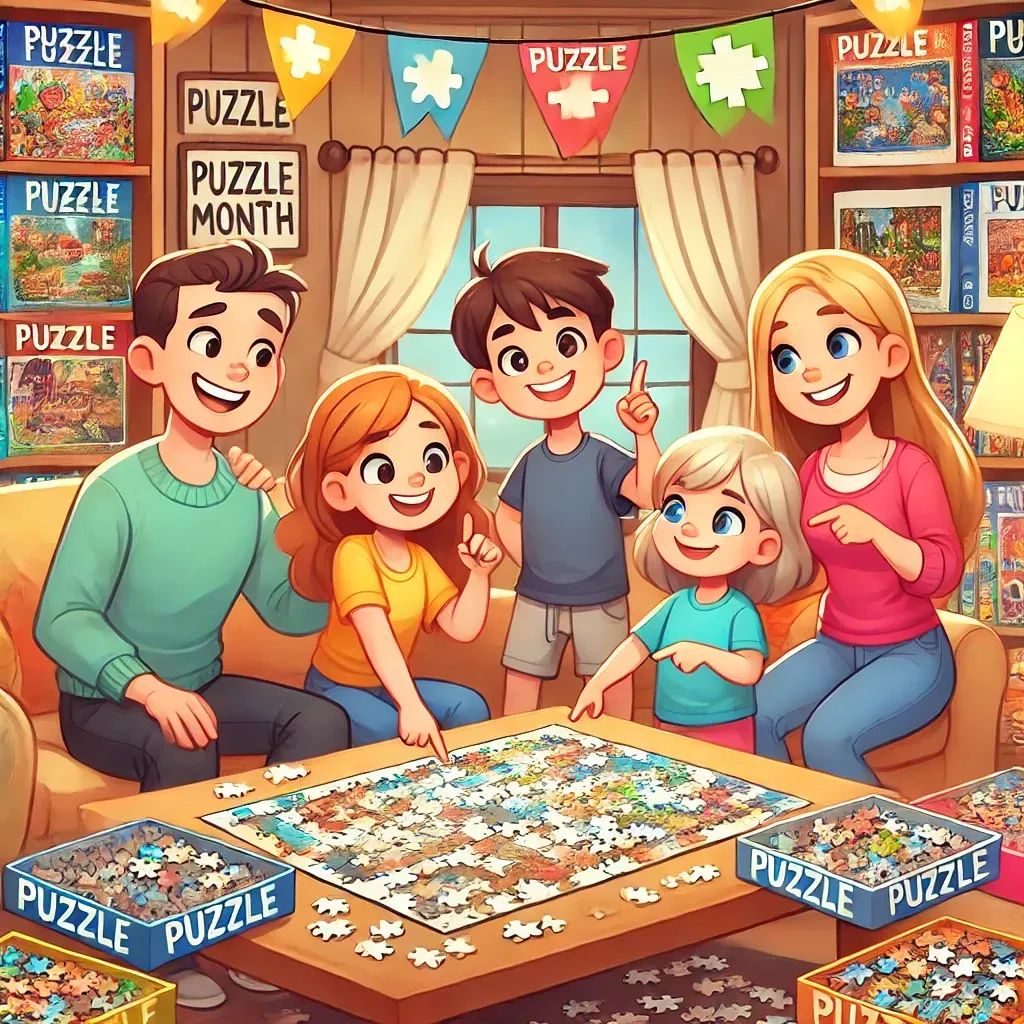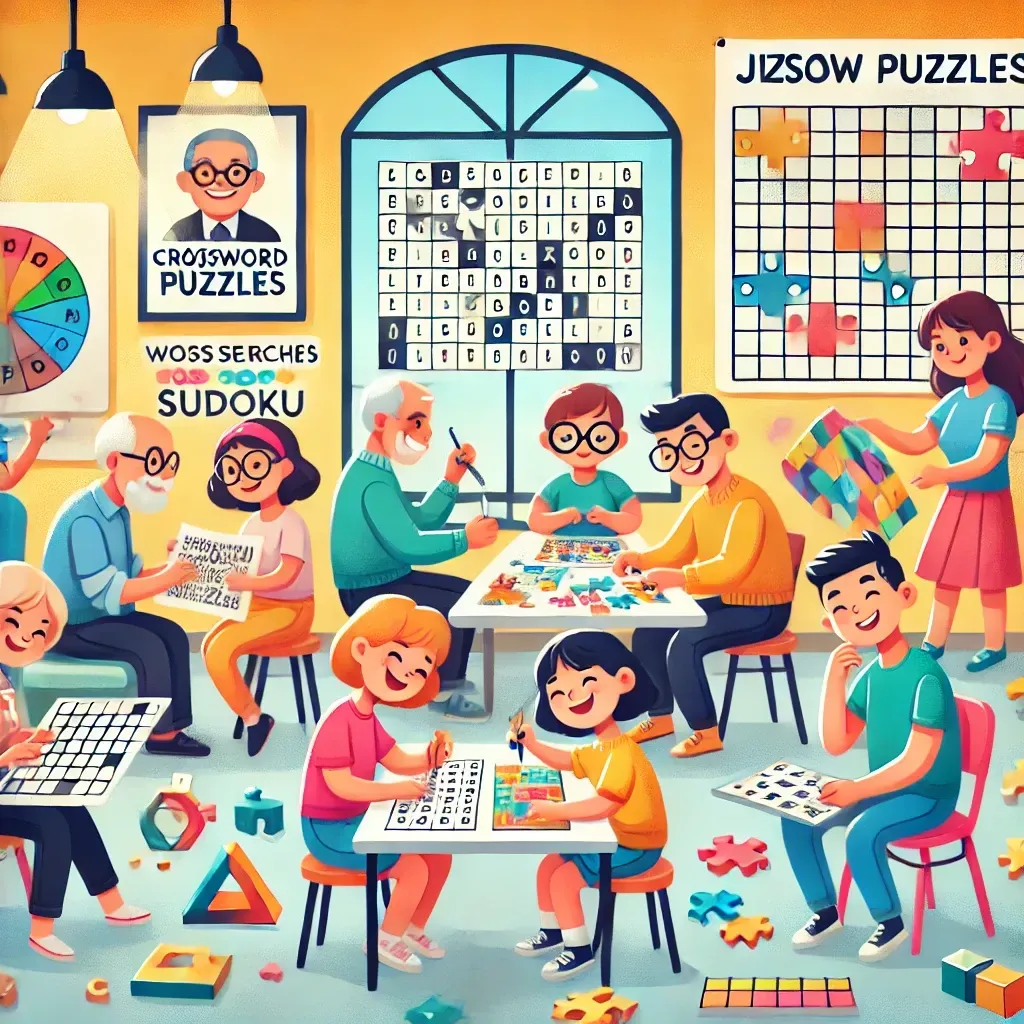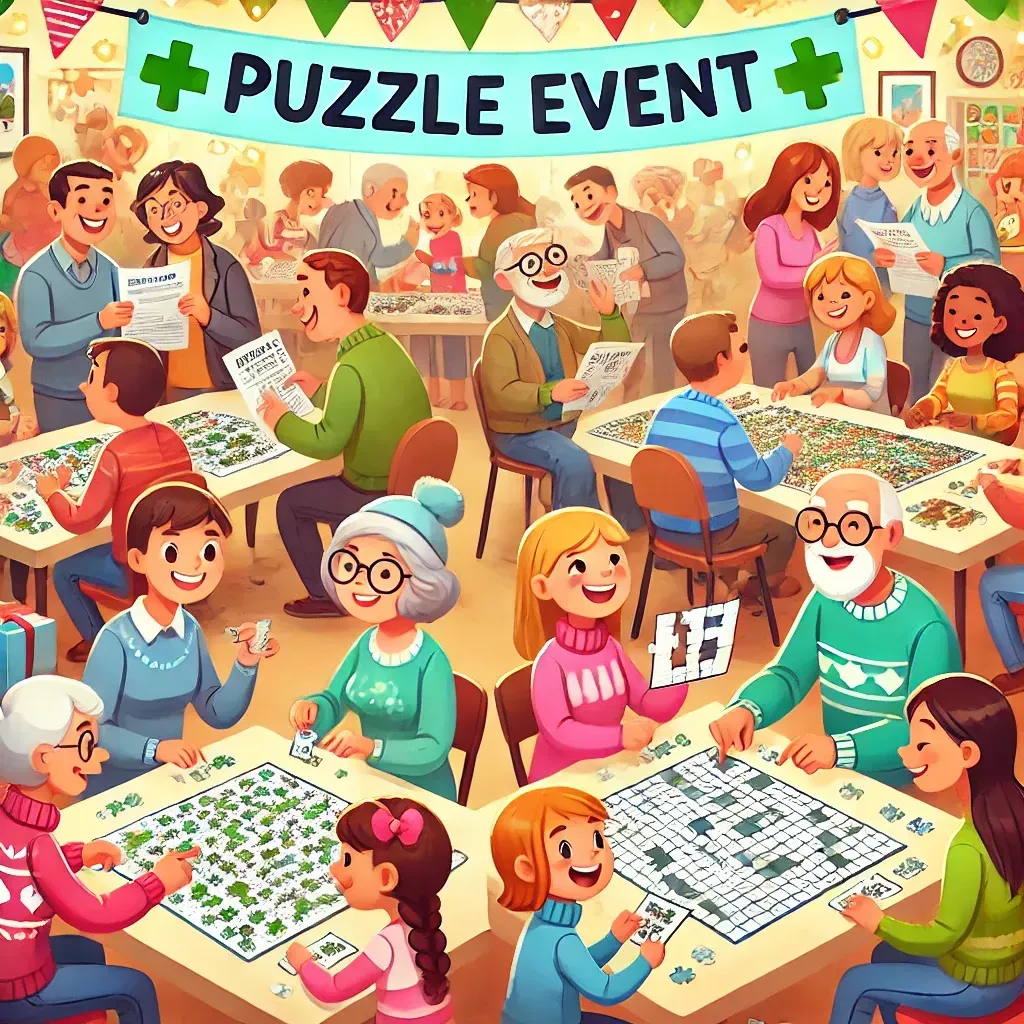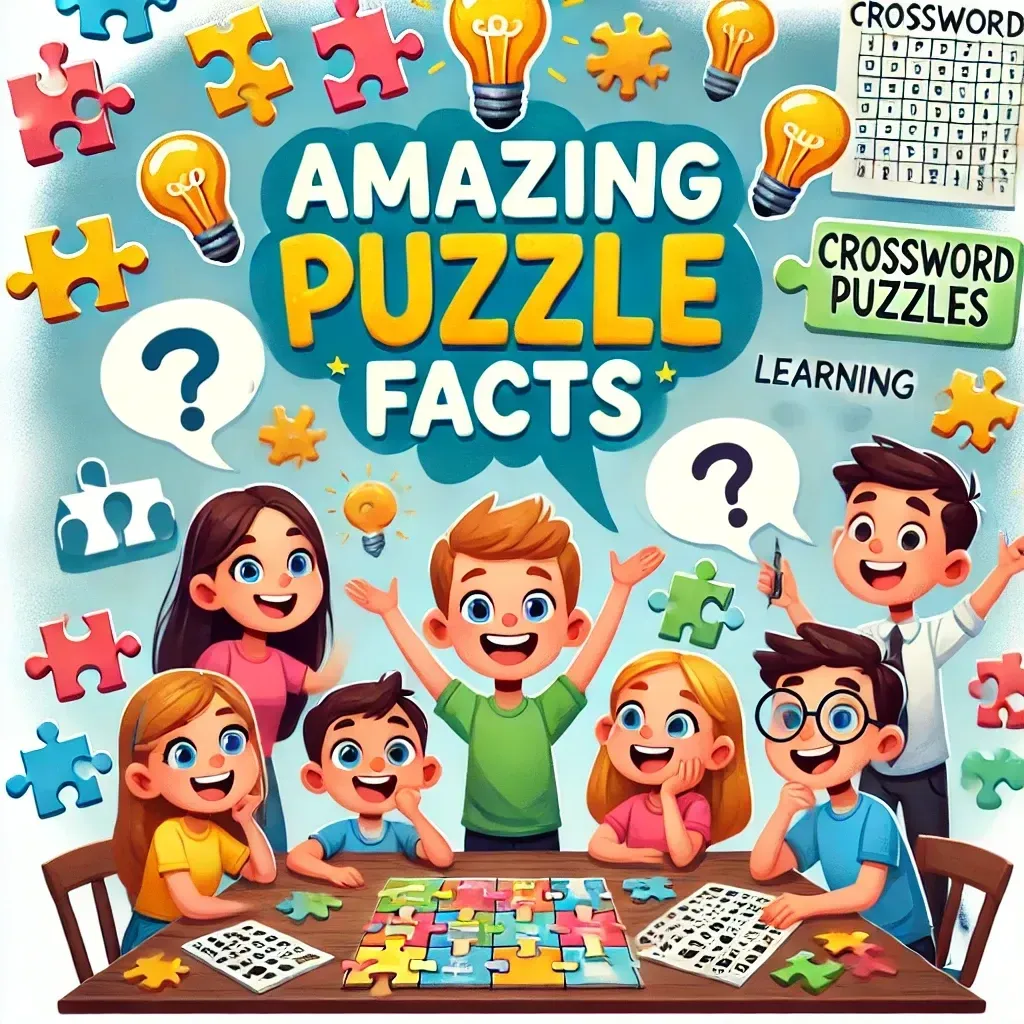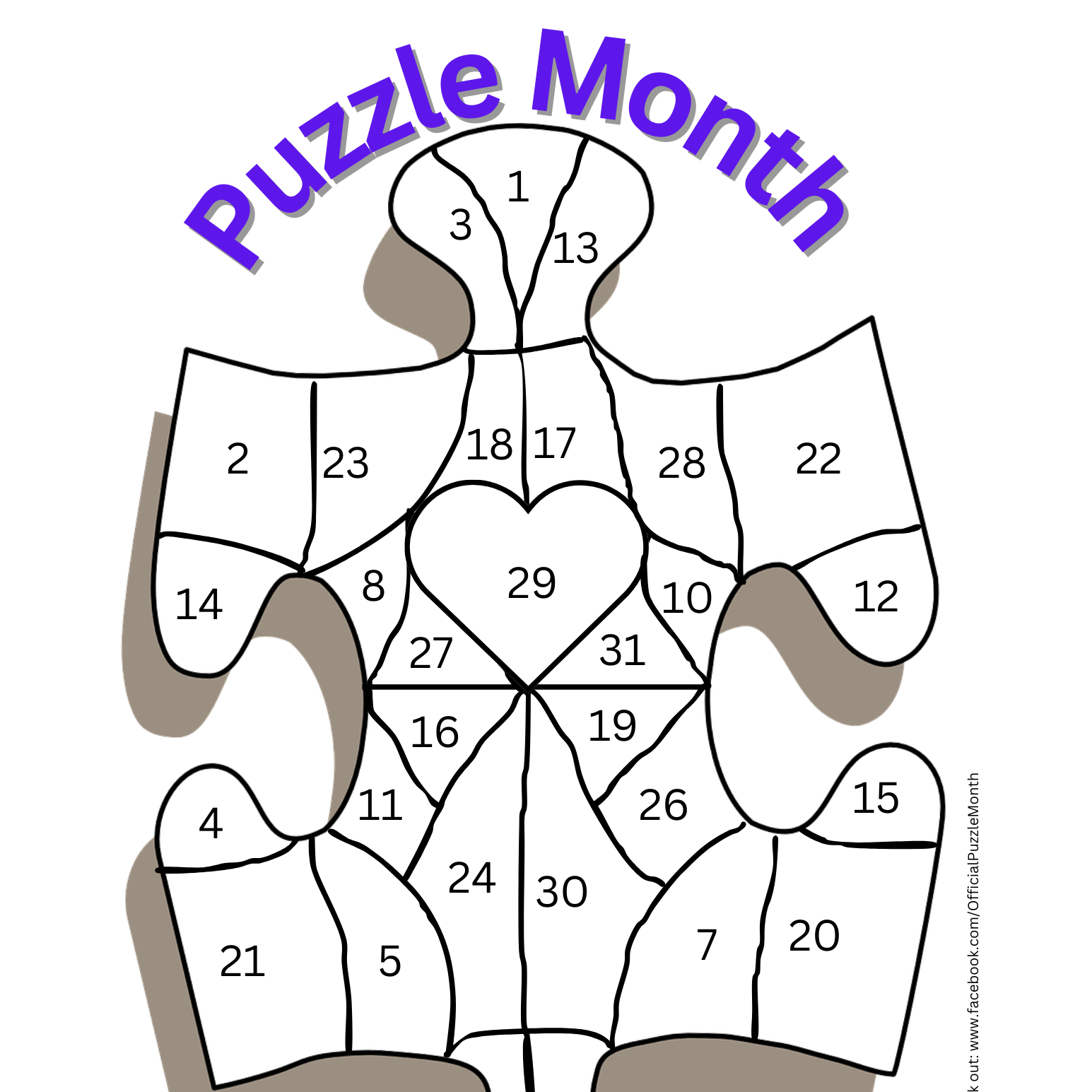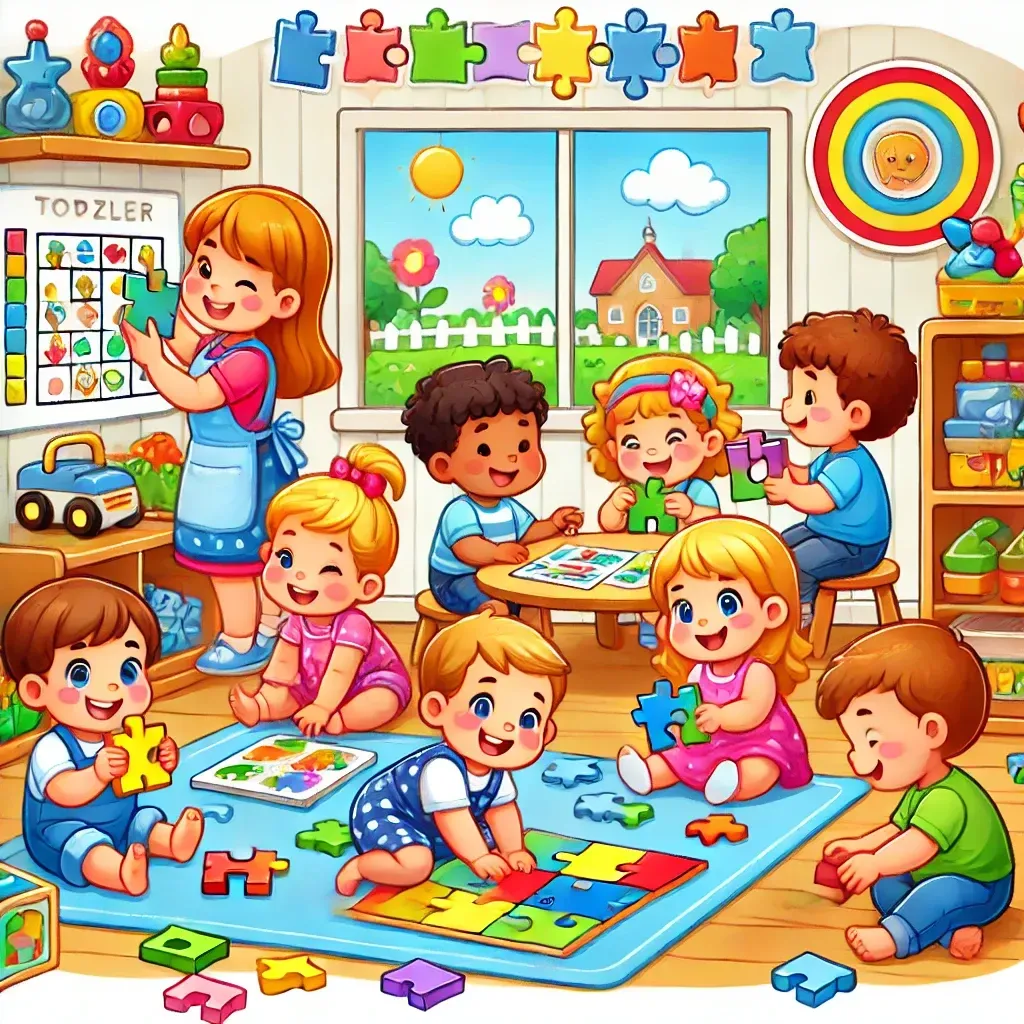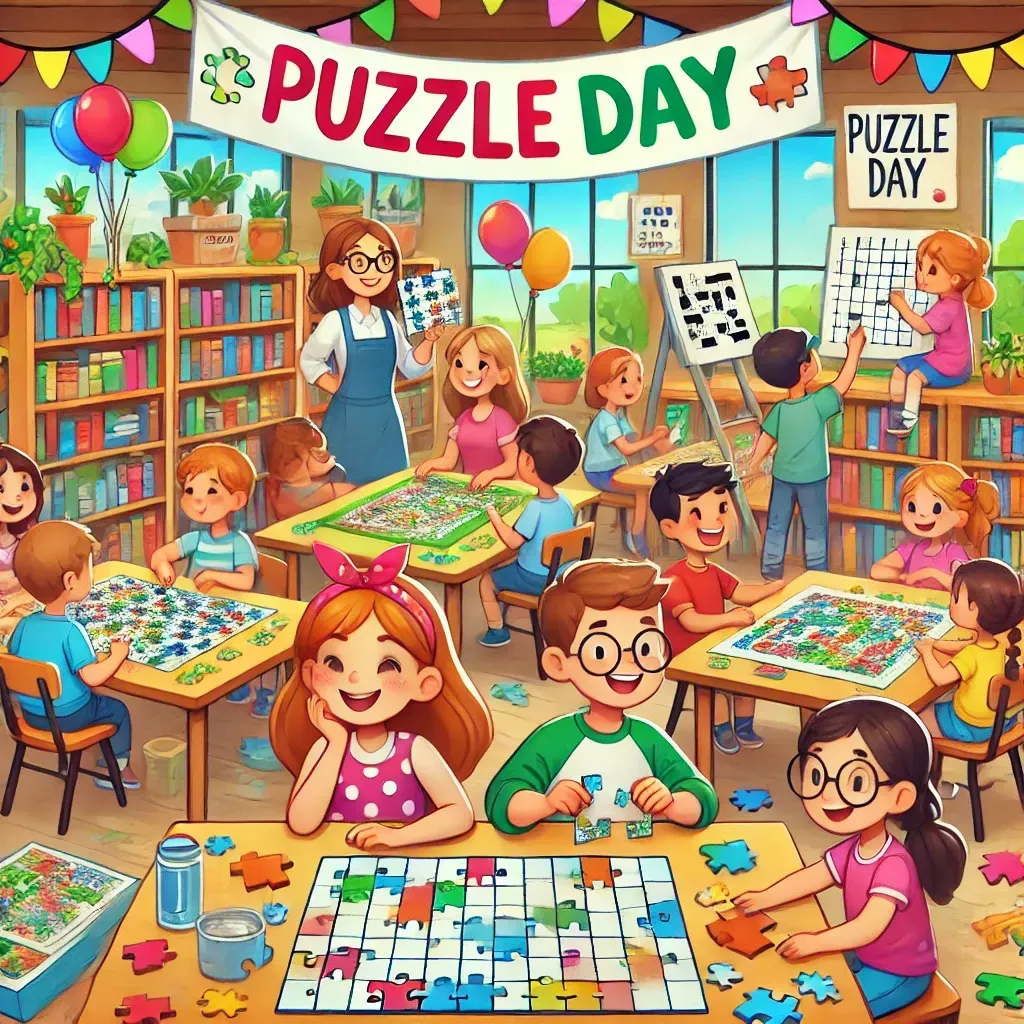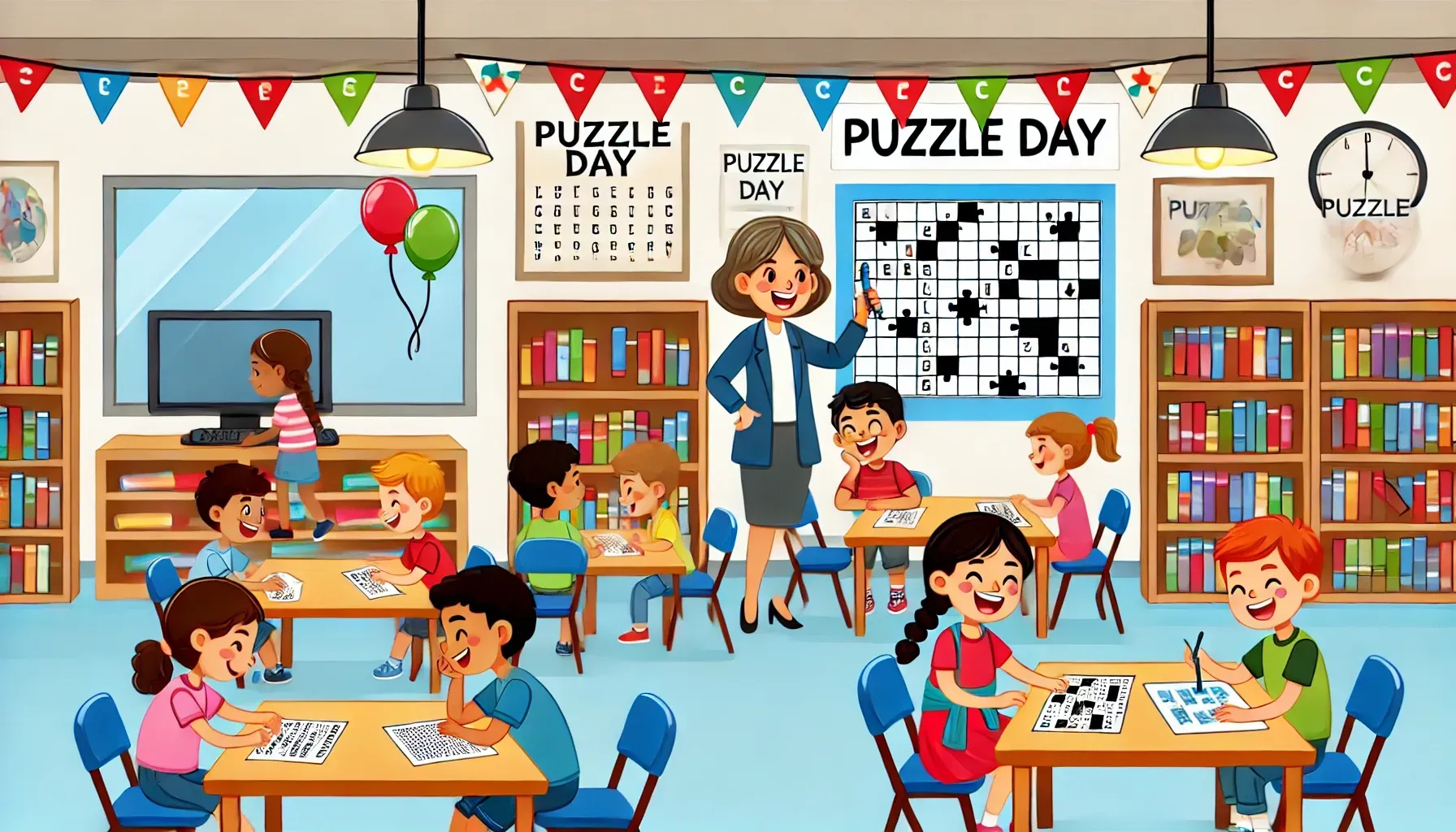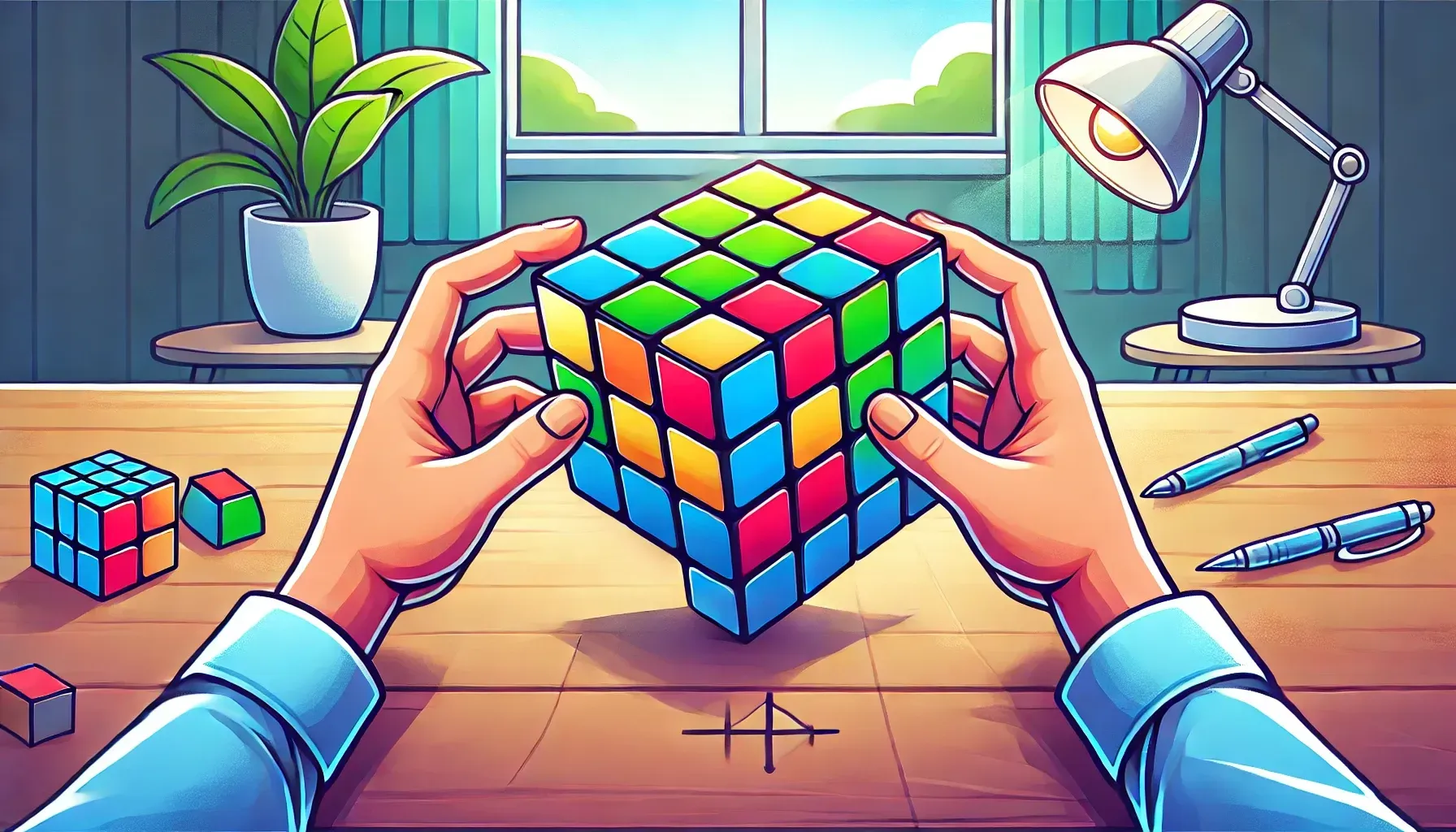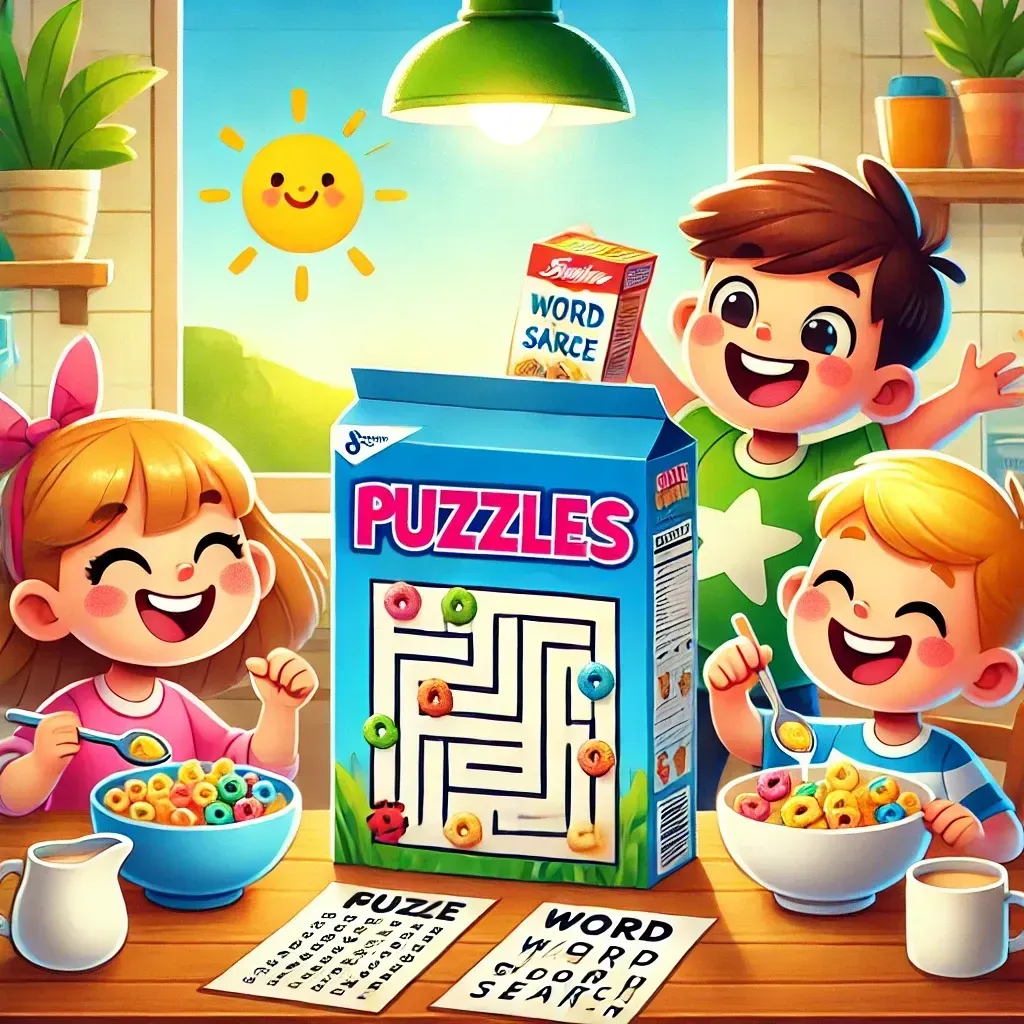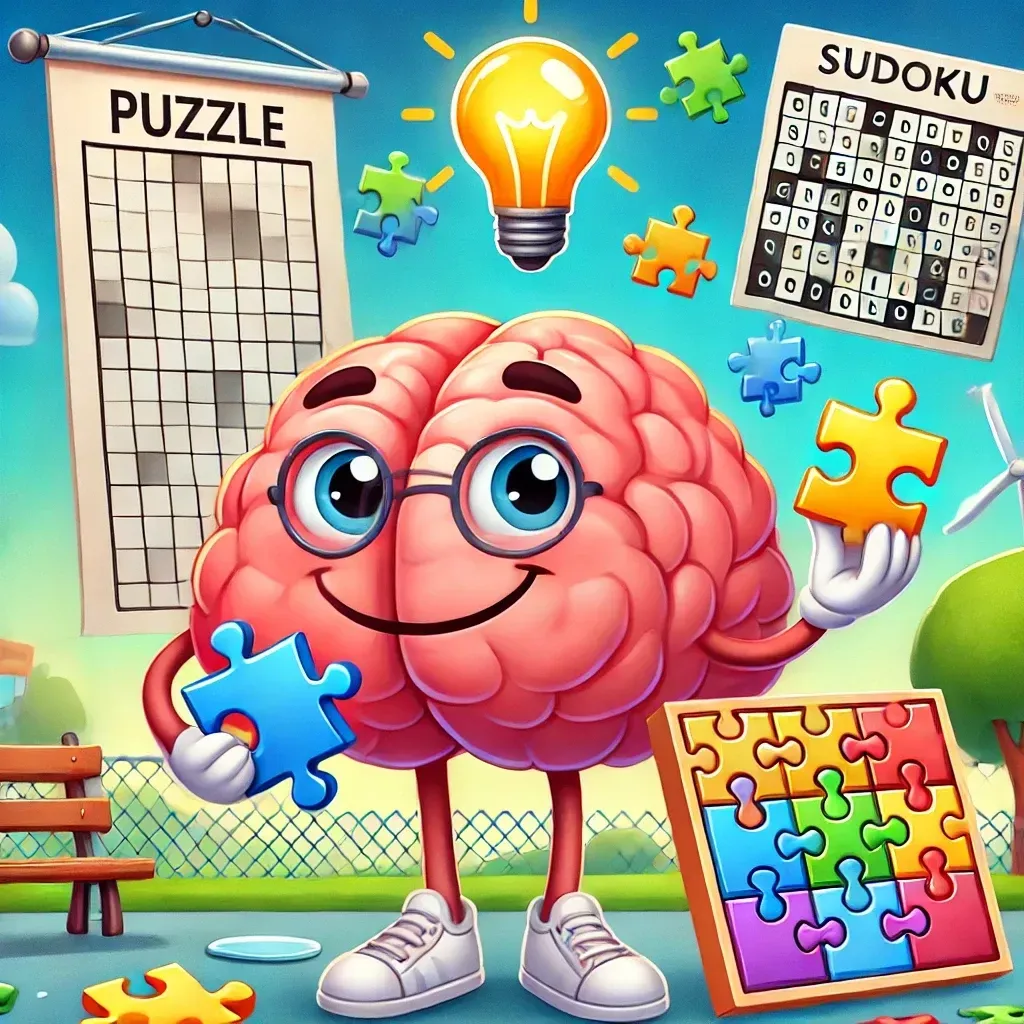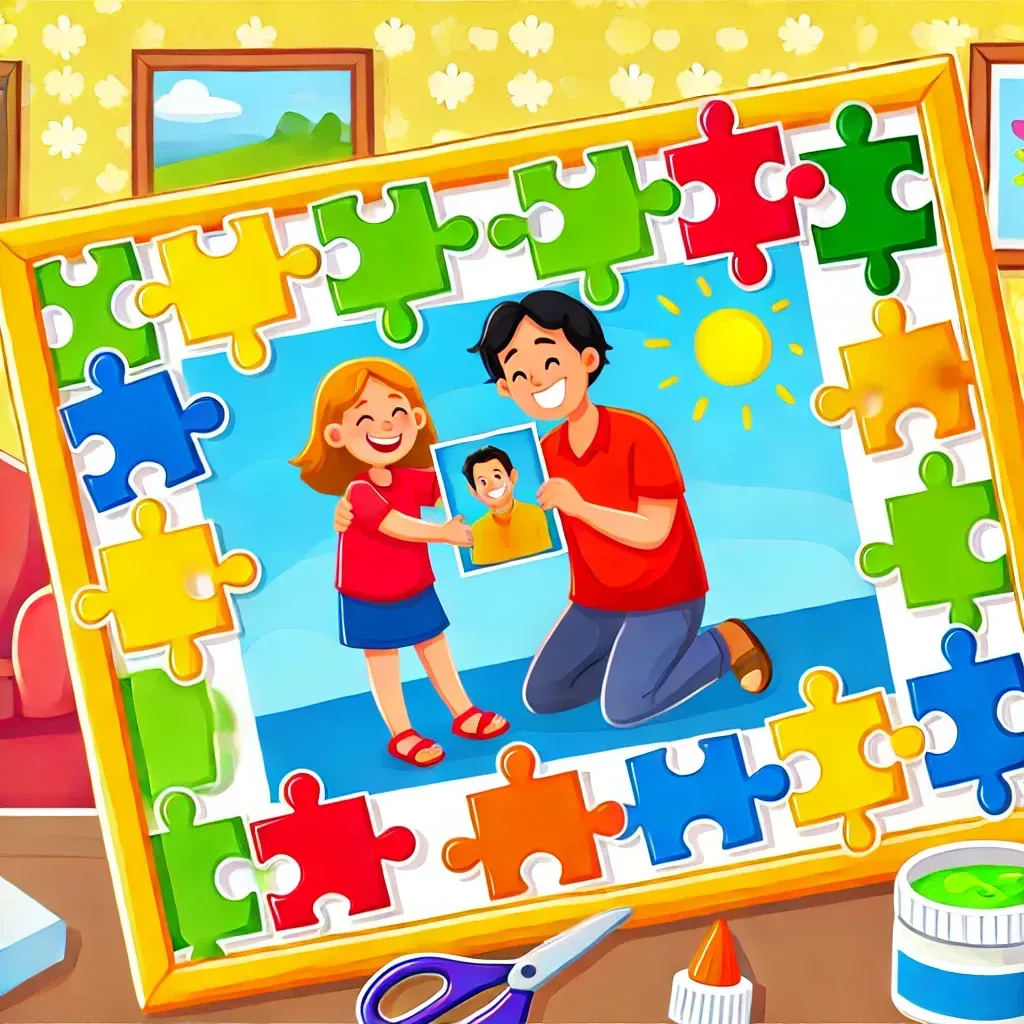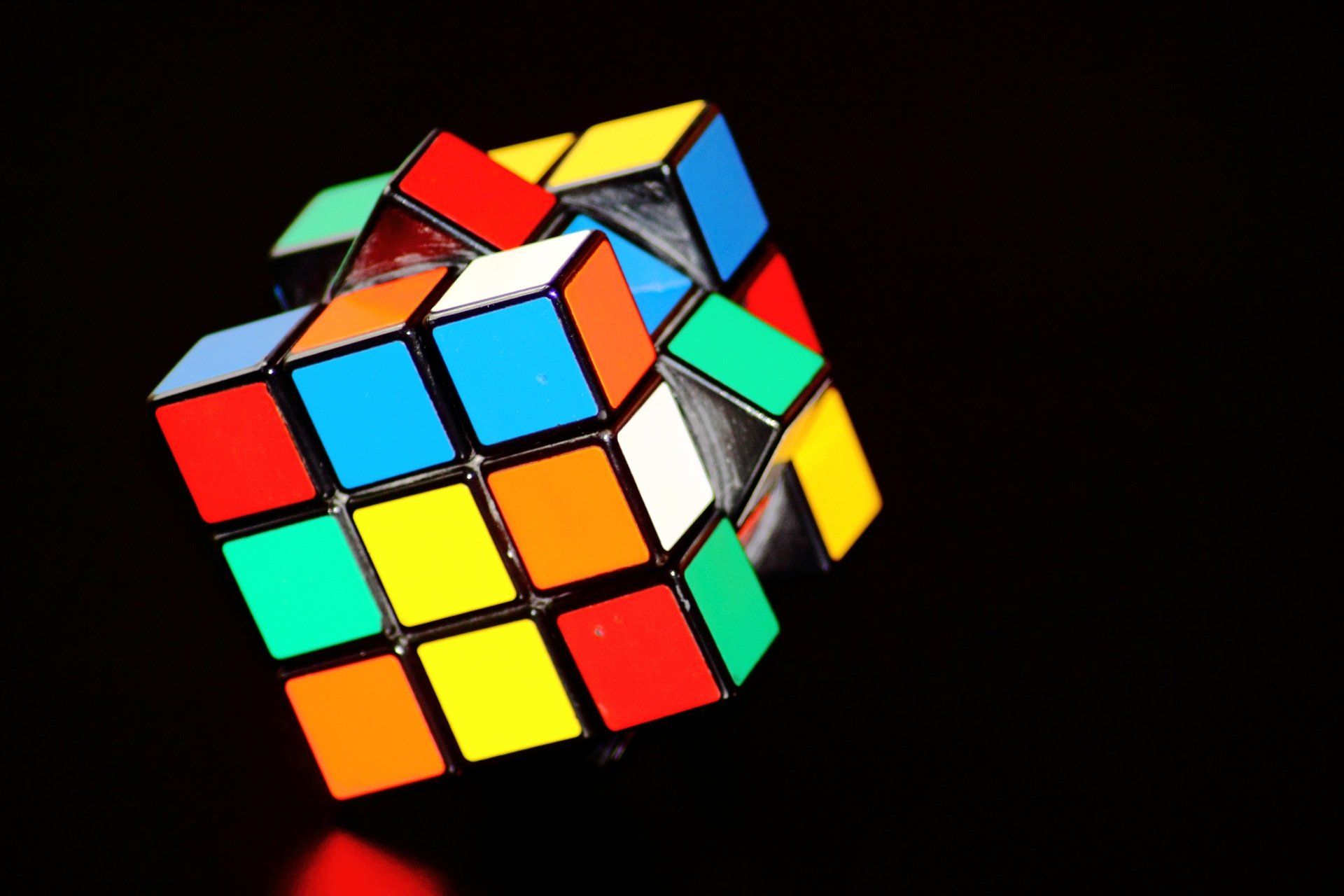How to Teach Children to Play Jigsaw Puzzles
How to Teach Children to Play Jigsaw Puzzles
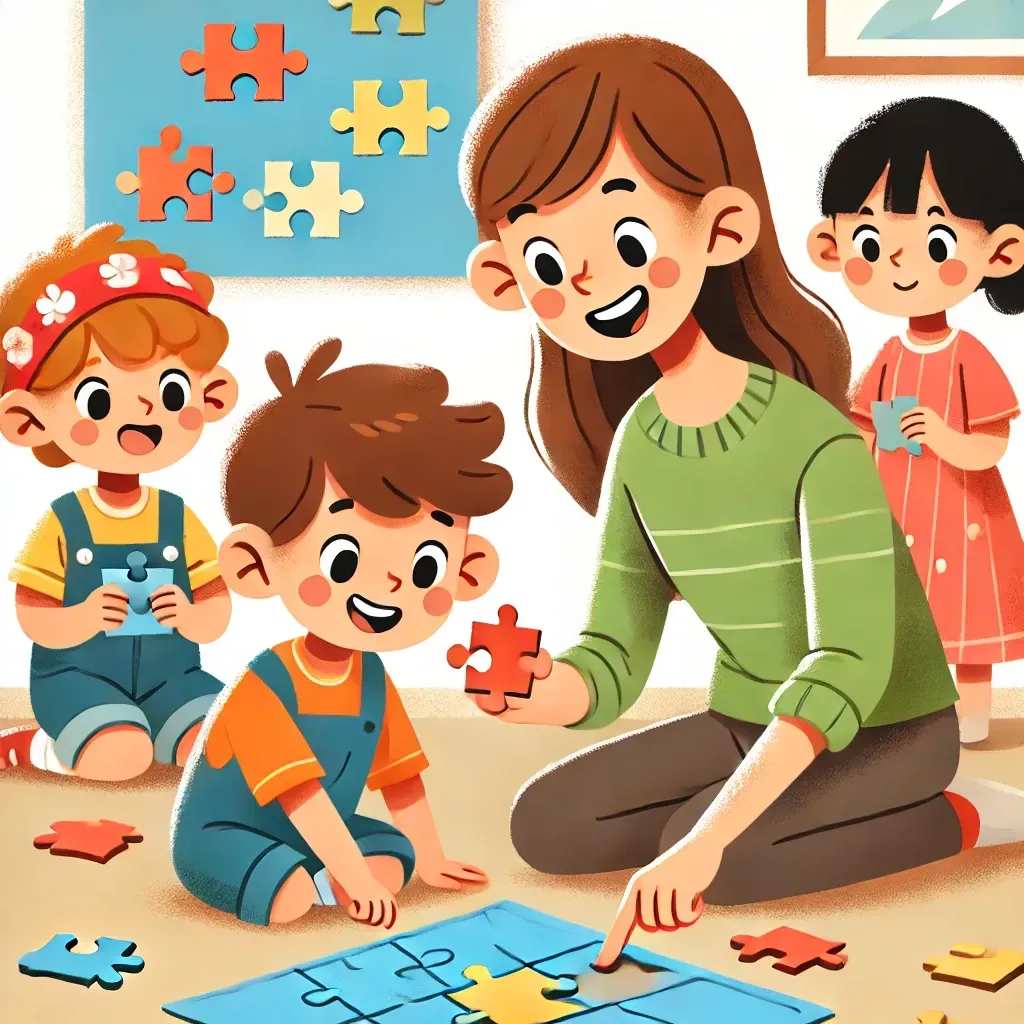
Jigsaw puzzles are a fun and engaging activity for children that not only entertains but also helps build essential life skills like problem - solving, patience, and hand-eye coordination. Teaching kids to play with puzzles might seem simple, but it’s important to approach it in a way that keeps them interested, builds confidence, and grows their skills over time.
Teach Kids to Play Jigsaw Puzzles
Whether you’re a parent, teacher, or caregiver, here’s a helpful guide to introducing children to the wonderful world of jigsaw puzzles. You might think it sounds crazy to teach kids how to play jigsaw puzzles, but a correct introduction can bring a world of puzzle oy to a youngster looking for a way to explore.
Start with the Right Jigsaw Puzzle
Choosing the right puzzle is key to success, especially for young children who may be solving one for the first time. If it's too hard or too easy, it might not be of interest to a child. Offering the perfect jigsaw puzzle is extremely important and give you (and the child) a chance to explore the puzzle together.
Here are some jigsaw puzzle recommendations for different age groups:
- Start Simple: For toddlers or preschoolers, choose jigsaw puzzles with large, chunky pieces (like wooden puzzles) and simple designs with fewer pieces (6-12 pieces).
- Bright and Engaging Designs: Jigsaw puzzles with colorful images of animals, vehicles, or favorite cartoon characters are perfect for keeping kids interested.
- Consider Skill Level: As kids get more comfortable, gradually introduce jigsaw puzzles with smaller pieces and more complexity to keep the challenge exciting but not overwhelming.
Break Down Jigsaw Puzzle Solving into Steps
To teach kids how to solve puzzles, it’s helpful to break the process into easy-to-follow steps. While, at first, it might look like these are rules for puzzles, kids will see how the different ideas are actually techniques. Then, over time, they will make up their own way to solve jigsaw puzzles.
- Sort the Pieces: Teach kids to start by flipping all the pieces right side up and sorting edge pieces from middle pieces.
- Build the Border First: Help them assemble the edge pieces to create the puzzle’s frame. This gives structure and helps children focus on smaller areas within the puzzle.
- Group by Colors or Patterns: Show kids how to group pieces that look similar in color, texture, or design. For example, all the blue pieces might belong to the sky or water.
- Work Section by Section: Focus on one small section at a time rather than trying to tackle the whole puzzle at once. Encourage kids to look at the picture on the box for clues.
Breaking it down makes the puzzle-solving process feel more manageable and helps build their problem-solving skills.
Offer Gentle Guidance
When teaching children to play with jigsaw puzzles, be patient and encouraging.
- Let Them Try: It’s tempting to jump in and solve the puzzle for them, but it’s important to let kids make mistakes and learn by trying.
- Offer Hints: If they get stuck, offer simple hints like, “Where do you think this piece fits? Look at the colors or shape.”
- Celebrate Small Wins: Celebrate every piece they connect and cheer them on as they make progress. Small victories keep kids motivated and excited.
The goal is to make puzzle time a positive and rewarding experience that builds their confidence.
Turn It into a Game
To make puzzles even more fun, turn them into interactive games:
- Puzzle Races: See how quickly kids can complete a section or encourage siblings to work together in a “team race” to finish the puzzle.
- Puzzle Scavenger Hunt: Hide a few pieces of the puzzle in the room and have kids “hunt” for the missing pieces to complete the picture.
- Storytime Puzzles: Once the puzzle is complete, make up a story about the picture. This helps combine creative thinking with problem-solving.
Adding playful elements keeps children engaged and makes puzzle-solving feel like a fun adventure.
Build Patience and Persistence
One of the most valuable lessons puzzles teach kids is patience. If they feel frustrated, encourage them to take a short break and come back to the puzzle later. Remind them that solving a puzzle takes time and effort, and every small step brings them closer to completing the picture.
Puzzle time also creates opportunities for children to practice focus and persistence without even realizing it. They’ll feel proud when they finish!
Make Puzzle Time a Regular Activity
Puzzles are a great screen-free activity that can easily become part of a child’s daily or weekly routine.
- Create a Puzzle Corner: Set up a small table or area with a puzzle mat where kids can work on puzzles over time.
- Family Puzzle Night: Work on puzzles as a family to encourage teamwork and bonding.
- Celebrate Puzzle Month: January is Puzzle Month, and January 29th is Puzzle Day - the perfect time to introduce kids to new puzzles and celebrate their progress. Plus you could even play one of the Puzzle Day Puzzles.
Why Puzzles Matter for Kids
Jigsaw puzzles are more than just fun—they help children develop important skills like:
- Problem-Solving: Finding where pieces fit builds logical thinking.
- Fine Motor Skills: Handling puzzle pieces improves hand-eye coordination and dexterity.
- Focus and Concentration: Puzzles encourage kids to sit and focus on a task.
- Confidence: Completing a puzzle gives children a sense of accomplishment and pride.
Final Thoughts
Teaching children to play jigsaw puzzles is a rewarding experience that combines fun with learning. By starting with simple puzzles, breaking the process into steps, and encouraging patience, you’ll help kids develop skills that will last a lifetime.
Whether it’s Puzzle Month or just a regular afternoon, puzzles are a great way to challenge young minds and spend quality time together.
So grab a puzzle, sit down with your little ones, and enjoy the journey—one piece at a time!
